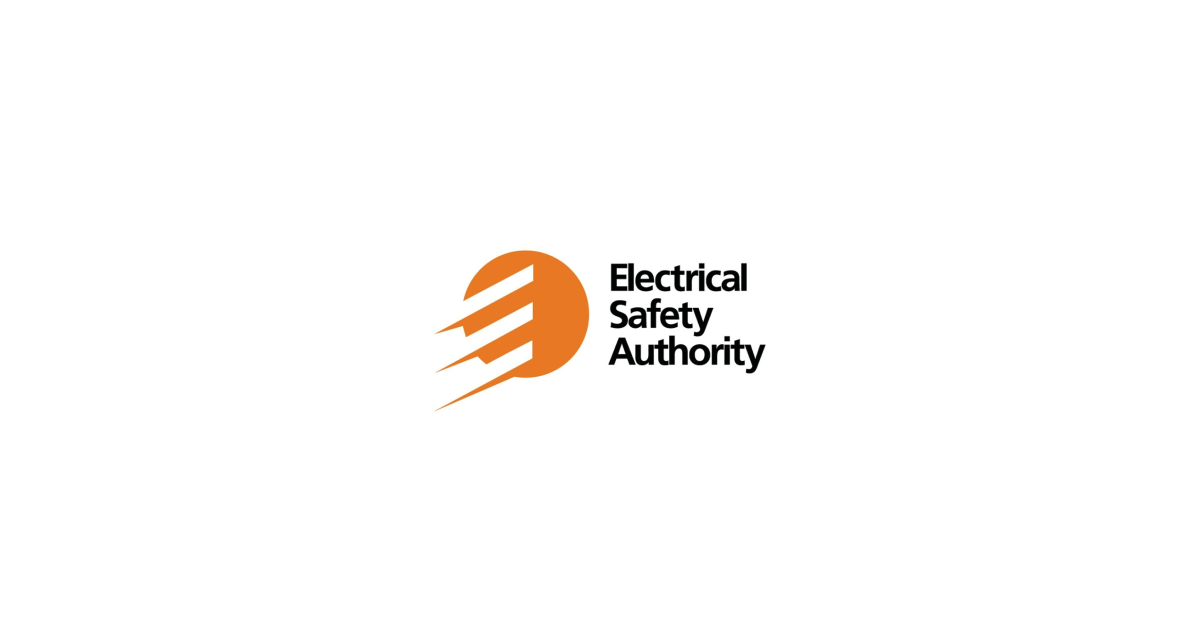The Dark Side of Trade — Combating Counterfeit Electrical Products

Dec 31 2015
Julie Chavanne
In recent years, local, federal and international authorities have combined efforts to thwart counterfeit operations and seize illegitimate products before they enter the marketplace. According to the International AntiCounterfeiting Coalition (IACC), the value of seizures related to intellectual property rights totalled US$1.22 billion in 2014.
Counterfeit products can unknowingly be used in manufacturing, military, critical infrastructure, and consumer product applications. They not only endanger the economic health of our nation but also more important, put the safety of our families, communities, and employees at risk.
In order to effectively address the issue across the electrical industry, ESFI conducted a 2014 survey to investigate perceptions regarding counterfeit electrical products as experienced by professionals. Respondents included manufacturers, distributers, contractors, and inspectors.
According to the survey, a solid majority are “extremely concerned” about counterfeit electrical products. Of the manufacturers surveyed, 63% considered counterfeit electrical products a threat to their business. Survey results showed that lighting and circuit breakers were the most frequently encountered counterfeit electrical products. Finally, one-third of survey respondents reported an encounter with a counterfeit electrical product and, even more alarming, they reported discovering an average of five counterfeits within the past 12 months.
Despite the potential danger, there is a striking disparity between the high rates of awareness about the counterfeiting issue in the electrical industry and the action taken to help combat the problem. Although more than 95% of ESFI survey respondents thought counterfeit electrical products were at least a moderate threat to public health and safety, more than half thought their company did not provide adequate training about issues related to counterfeits. Seventy-five percent of contractors reported that they do not have a process in place by which to report counterfeits if discovered. Lastly, of the subset who reported having discovered a counterfeit on the job, only half reported it to the manufacturer, the testing laboratory, or the government.
In Part 2: Identifying your best defence.
Julie Chavanne is Communications Director, ESFI; julie.chavanne@esfi.org. She promotes ESFI through media relations, marketing, public relations, and communications. This article was first published in the December 2015 issue of the National Electrical Manufacturers Association magazine ei.










![Guide to the Canadian Electrical Code, Part 1[i] – A Road Map: Section 52 — Diagnostic imaging installations](https://electricalindustry.ca/wp-content/uploads/2022/11/Guide-CE-Code-2.png)






